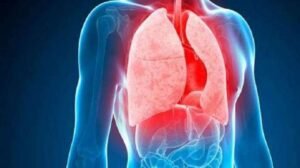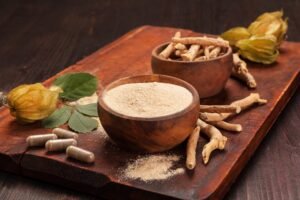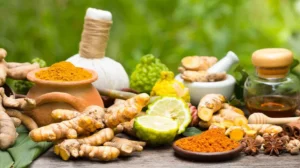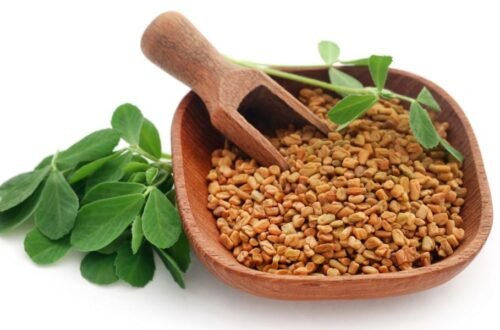Tuberculosis (TB) is an infectious disease caused by the bacteria Mycobacterium tuberculosis. While it primarily affects the lungs, it can also target other parts of the body, including the kidneys, spine, and brain. This article aims to explore the causes, symptoms, Ayurvedic treatment, and prevention strategies for TB.
Causes of Tuberculosis:
TB is transmitted through the air when an infected individual coughs, sneezes, or talks, releasing the bacteria into the environment. Inhalation of these bacteria allows them to enter the body and settle in the lungs. Several factors increase the risk of TB, such as weakened immune systems, close contact with infected individuals, living in overcrowded conditions, malnutrition, and HIV/AIDS.
Symptoms of Tuberculosis:

TB symptoms can vary depending on the site of infection. The most common form, pulmonary tuberculosis, is characterized by symptoms such as a persistent cough (sometimes with blood-streaked sputum), chest pain, weakness, fatigue, weight loss, and night sweats. Extra-pulmonary tuberculosis may exhibit symptoms related to the affected organs, such as back pain in spinal TB or blood in the urine for renal TB.
Ayurvedic Treatment for Tuberculosis:
Ayurveda, a traditional Indian system of medicine, provides holistic approaches to managing TB. The focus is on strengthening the body’s immune system and treating underlying imbalances. Ayurvedic treatment for TB may include the following:
1. Herbal Remedies:

Certain herbs with antimicrobial properties, such as Tulsi (Holy Basil), Giloy (Guduchi), and Ashwagandha, are commonly used to boost immunity and support the respiratory system.
2. Panchakarma Therapy:

This Ayurvedic detoxification technique aids in eliminating toxins and rejuvenating the body. Panchakarma therapies like Vamana (therapeutic vomiting), Virechana (purgation), and Basti (enema) may be prescribed based on individual requirements.
3. Diet and Lifestyle:

A nutritious diet plays a crucial role in TB treatment. Ayurvedic recommendations may include consuming easily digestible foods, incorporating herbs and spices like turmeric, ginger, and garlic, while avoiding processed and unhealthy foods. Adequate rest, stress management, and regular exercise are also emphasized.
Prevention of Tuberculosis:
Preventing TB requires a combination of public health measures and personal precautions. Here are some preventive strategies:
Vaccination:
The Bacillus Calmette-Guérin (BCG) vaccine can reduce the risk of severe forms of TB, particularly in children. It is recommended in countries with a high prevalence of TB.
Infection Control:
Promoting good ventilation, maintaining a clean living environment, and practicing respiratory hygiene, such as covering the mouth and nose while coughing or sneezing, can help minimize the spread of TB.
Early Diagnosis and Treatment:
Timely identification and treatment of active TB cases can prevent the spread of the disease. Individuals with TB symptoms should seek medical attention promptly.
If you have any queries related to medical health, consult Subhash Goyal or his team members on this given no +91 99150 72372, +91 99150 99575, +918283060000





